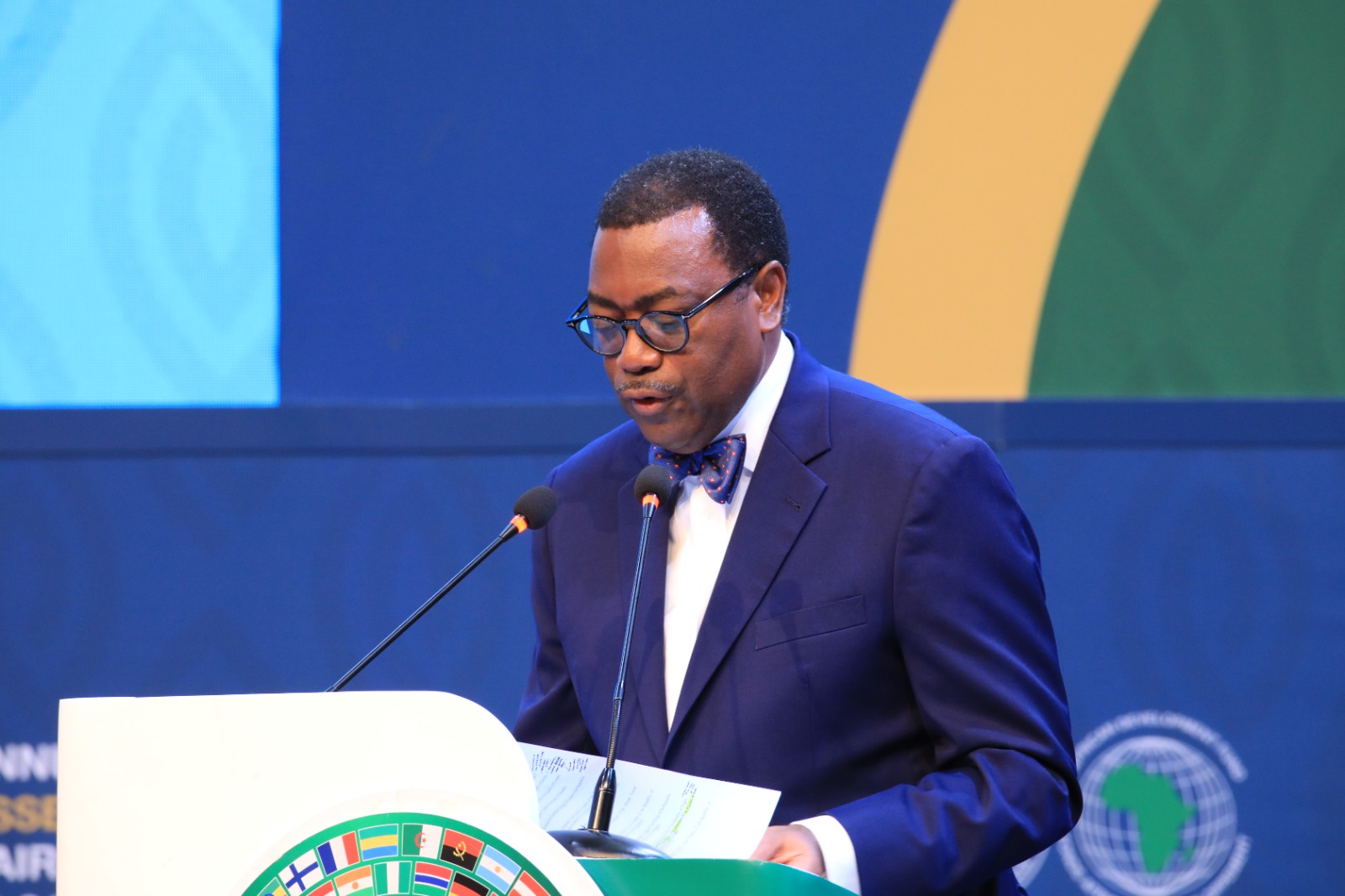The President of the African Development Bank (AfDB), Akinwunmi Adesina, has revealed that Nigeria has the highest number of people living without electricity globally. Adesina made this announcement during the 90th birthday celebration of former Head of State, General Yakubu Gowon, shedding light on the country’s ongoing energy crisis.
86 Million Nigerians Lack Electricity
According to Adesina, approximately 86 million Nigerians currently do not have access to electricity, positioning the country at the top of the global list for energy poverty. He emphasized that this lack of reliable power is stifling both businesses and industries across the nation.
“It has been estimated by the IMF that Nigeria loses about $29 billion annually, or 5.6% of its GDP, due to the unreliable power supply,” Adesina said. He added that Nigeria spends around $14 billion per year on generators and fuel to compensate for its deficient electricity infrastructure.
The Impact on Nigerian Businesses
The AfDB President stressed how the absence of steady electricity has severely impacted industries in the country. “The lack of electricity is killing Nigerian industries. Today, no business can survive in Nigeria without generators. Consequently, the abnormal has become normal,” he remarked.
Despite Nigeria’s abundant natural resources, including gas and crude oil, millions of people continue to live without electricity. “Today, Nigeria is the number one country in the world in terms of the total number of people without electricity,” Adesina said.

Global Electricity Fund to Benefit Nigeria
In a related development, Nigeria, alongside other African countries, is set to benefit from a $90 billion electricity fund backed by both the World Bank and the AfDB. the initiative is part of the Mission 300 program, aiming to provide electricity to 300 million Africans by 2030.
Under this program, Nigeria will receive substantial support through the Nigeria Distributed Access through Renewable Energy Scale-up (DARES) project. The World Bank estimates that this project will benefit over 17.5 million Nigerians, or roughly 20% of the country’s unserved population, while also replacing more than 250,000 polluting and expensive diesel generators.
Source: NairaMetrices


















